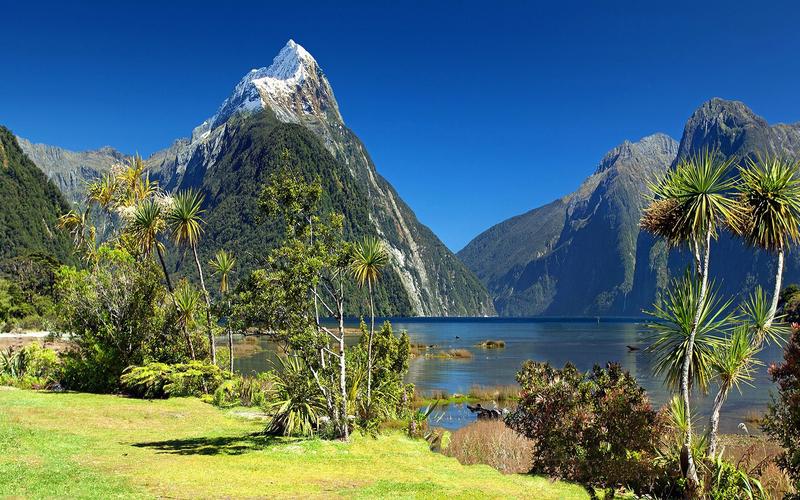Representation matters. We all want to feel seen, heard and understood. It’s important to see ourselves and our communities reflected in the media we consume. Pop culture, whether it’s movies, TV shows or music, has the power to shape how we see the world. It’s crucial that this representation is diverse and accurate.
When we don’t see ourselves represented in popular media, it can be damaging. It can make us feel invisible, like we don’t matter. It can perpetuate harmful stereotypes and make us feel like we don’t belong. On the other hand, when we see positive representation, it can be empowering. It can validate our experiences and help us feel like we’re part of something bigger.
Representation is particularly important for marginalized communities. This includes people of color, LGBTQ+ folks, people with disabilities, and others who are often excluded and marginalized. When these communities are underrepresented or stereotyped in the media, it can have real-world consequences. It can perpetuate discrimination, reinforce negative attitudes and create a culture of exclusion.
But representation isn’t just important for marginalized communities. When we see diverse representation across all facets of society, it serves to break down stereotypes and create a more inclusive culture. It helps us to see the world from different perspectives and can foster empathy and understanding.
In recent years, there have been some strides made in terms of representation in popular media. We’ve seen more diversity on our screens, from shows like “Pose” to movies like “Black Panther.” But we still have a long way to go. We need more representation across all forms of media and we need it to be authentic and nuanced.
As content creators, it’s important that we are intentional about representation. We need to be mindful of the stories we tell and the characters we create. We need to strive for diversity and accuracy in our portrayals of different communities. And we need to listen to and amplify the voices of those who are traditionally underrepresented.
In conclusion, representation in popular media is crucial. It impacts how we see ourselves and our communities, and it has real-world consequences. As content creators, we have a responsibility to ensure that representation is diverse and accurate. Only then can we create a culture of inclusivity and empathy.
(Note: Do you have knowledge or insights to share? Unlock new opportunities and expand your reach by joining our authors team. Click Registration to join us and share your expertise with our readers.)
Speech tips:
Please note that any statements involving politics will not be approved.
